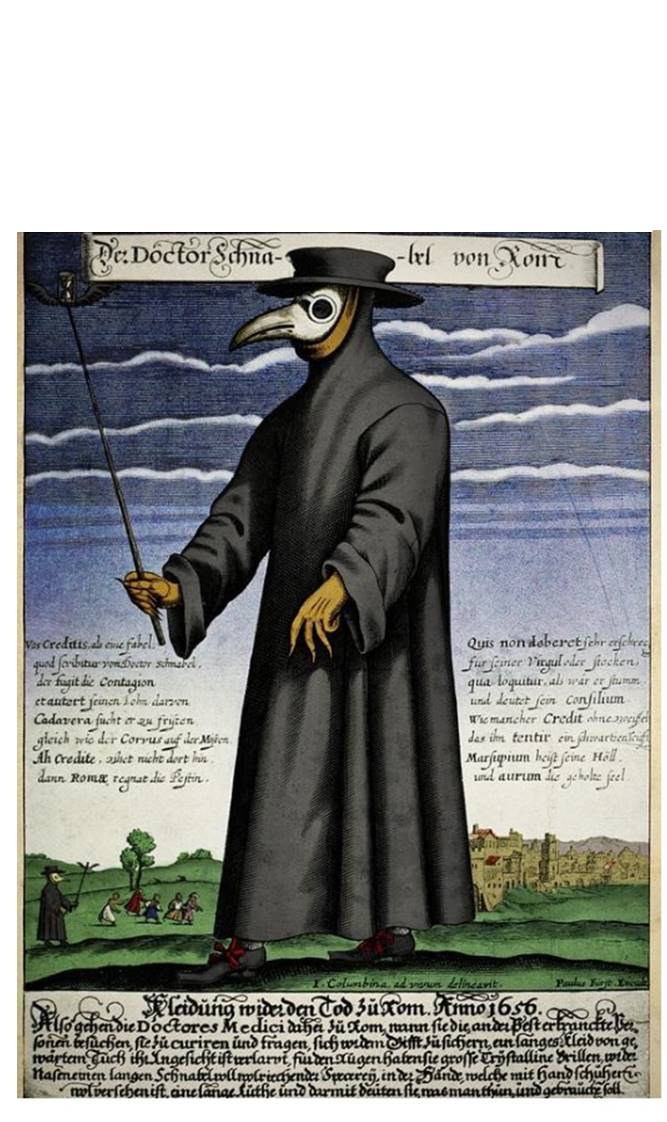Premier Legault’s proposal for the unvaccinated – Decline in popularity of smoking and of cancer rates – Encouraging prognostics for the future – Less encouraging data for the present – Evening statistics
The province of Quebec, the second-most populous of Canada, is proposing a measure to prevent the unvaccinated from flooding its hospital system. The province’s premier, François Legault, is attempting to impose a “sin tax” on the unvaccinated, similar to that levied on alcohol and cigarettes, on the grounds that the unvaccinated are placing a crippling burden on Quebec’s hospitals and should be made to pay for it. It appears that the proposed tax is not in violation of the Canada Health Act, which is constructed to guarantee universality and accessibility of health care. But human rights activists are understandably alarmed about the Big Brother overtones of such a measure. McGill University biomedical ethicist Phoebe Friesen, for instance, is concerned the logic of taxing unvaccinated people could be extrapolated to other behaviors seen as driving health spending, such as obesity, but that are tied to marginalization.
Our country has seen an advance in overall health that has gone unnoticed. Deaths from cancer fell from its peak in 1991 by 32% at the end of 2019. The main factors are earlier diagnoses, better treatments, and fewer smokers; but especially this last-named one. Indeed it is quite astonishing how quickly the habit of cigarette smoking has fallen out of fashion in this country. When I was growing up, commercials for various cigarette brands were quite frequent – not excluding those interspersing programs geared towards child audiences, incidentally – and people smoked in the workplace as a matter of course. But by the time I was working smoking in the office was banned and I would often encounter little clusters of men and women assembled at one of the back doors indulging in a hasty smoke before re-entering the building. On public transportation, most people would no more consider smoking a cigarette than they would consider denuding themselves. When one goes to anywhere in Europe or Asia, the difference is felt at once: smoking there is a great deal more prevalent in these areas and many look upon our regulations concerning tobacco as an unfortunate sequel of Prohibition. They may want to reconsider this attitude in light of the data just revealed.
With regard to the pandemic, there is also some encouraging news. A recent study suggests that the percentage of deaths from patients who contract the omicron variant is 91% less than those who contract the delta variant. The analysis also found a 53% reduction in symptomatic hospitalization and a 74% reduction in admission into intensive care units. Omicron now accounts for about 98% of the new COVID cases in the U.S., so that it seems likely that after the initial spike caused by its high degree of contagion, hospitalizations and deaths from COVID generally will decline.
However, the effects of this spike will be considerable while they last. The CDC has gone on record as stating that most Americans will eventually come down with the disease. Today more than 800,000 Americans tested positive for COVID – and this is merely the official figure. Those who test positive at their homes and who then do not report it to the health authorities are necessarily excluded from this tally. By way of perspective, on the same day the previous year, also the peak of a winter surge, an average of 251,232 people tested positive for the virus. The much lower mortality rate of the omicron variant is offset by the greatly increased numbers of new cases. Today alone saw an increase of well over two thousand deaths.
Today’s statistics as of 8:00 PM – # of cases worldwide: 317,247,076; # of deaths worldwide: 5,529,799; # of cases U.S.: 64,304,444; # of deaths; U.S.: 866,872.
